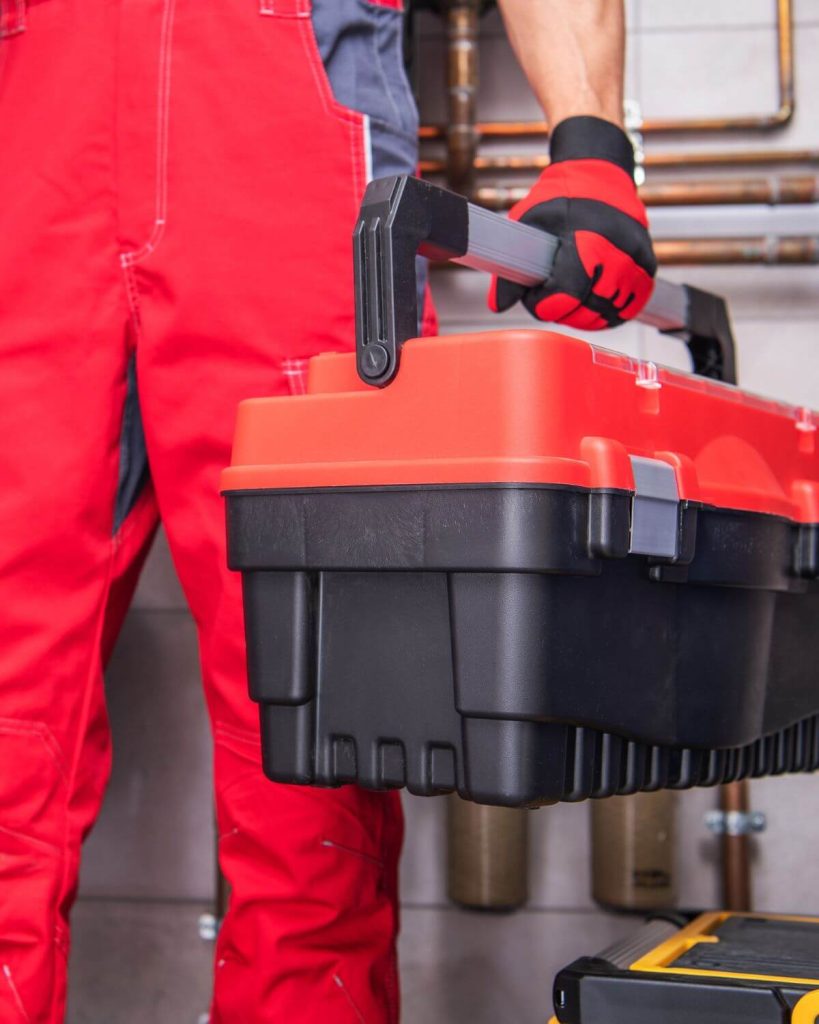Are you tired of unexpected repair bills when your fridge stops cooling or your HVAC system gives out in the middle of summer? If so, you’re not alone, and there’s good news: there are protection plans designed specifically to ease that burden. But here’s the catch, do you need a home warranty or appliance insurance?
While they may sound similar, these two options offer very different types of coverage for your home and your peace of mind. In this guide, we’ll break down what each one covers, how they work, and most importantly, help you decide which is the right choice for your situation. By exploring Home Warranty vs Appliance Insurance, you will understand the key differences and benefits of each option. Whether you’re a new homeowner or someone looking to better protect your investments, this knowledge can save you hundreds, if not thousands, of dollars down the line.
The rising demand for home protection plans is clearly reflected in market growth projections. The Home Appliance Insurance Market is expected to expand significantly, growing from $11.54 billion in 2024 to $22.5 billion by 2032, showing just how many consumers are choosing to insure their appliances against costly breakdowns. Similarly, the Home Warranty Service Market is also on an upward trajectory. Valued at $8.87 billion in 2024, it is projected to reach nearly $14.93 billion by 2032, with a compound annual growth rate (CAGR) of 6.72%. These figures highlight the growing awareness among homeowners of the value in protecting their investments, whether through comprehensive home warranties or targeted appliance insurance.

What Is a Home Warranty?
A home warranty is a service contract that helps cover the cost of repairing or replacing major home systems and appliances that break down due to normal wear and tear. Unlike home insurance, which protects against unexpected events like fire or theft, a home warranty focuses on the everyday breakdowns of things like your heating and cooling systems, plumbing, electrical wiring, and kitchen appliances.
When something goes wrong, you simply file a claim with your warranty provider, and they send a technician to diagnose and fix the issue, usually for a small service fee. Home warranties are especially popular among homeowners with older houses or aging appliances, as they offer peace of mind and predictable repair costs without the shock of sudden, expensive bills.
What Is Appliance Insurance?
Appliance insurance, often called an appliance protection plan or extended warranty, is a type of coverage that focuses specifically on individual appliances in your home. It protects items like your refrigerator, washer, dryer, oven, or dishwasher from mechanical or electrical failures that occur after the manufacturer’s warranty has expired. Unlike a home warranty, which bundles coverage for multiple systems and appliances, appliance insurance is usually purchased for one item at a time and may come directly from the manufacturer, retailer, or a third-party provider.
If your insured appliance breaks down, the plan typically covers the cost of repair or replacement, helping you avoid expensive out-of-pocket bills. This type of insurance is ideal for people who want to protect high-end or essential appliances and prefer targeted coverage tailored to their needs.
Key Differences Between Home Warranty and Appliance Insurance
Although both home warranties and appliance insurance help cover repair or replacement costs, they differ significantly in what they cover and how they work. Here’s a side-by-side comparison to help clarify:
| Feature | Home Warranty | Appliance Insurance |
| Scope of Coverage | Multiple systems and appliances (bundled plan) | Individual appliance per plan |
| Examples of Coverage | HVAC, plumbing, electrical, washer, dryer, dishwasher | Just a fridge, washer, dryer, etc. (one item only) |
| Provider Type | Third-party home warranty companies | Appliance manufacturers or retailers |
| Claim Process | File with warranty provider; they send a technician | Often requires authorized service through the brand |
| Repair Technicians | Assigned by provider | Typically brand-approved technicians |
| Ideal For | Older homes or homes with aging systems | High-value or newly purchased appliances |
| Cost Structure | Annual or monthly fee + service call fee per claim | Usually a one-time fee per item or annual coverage cost |
Pros and Cons of Home Warranty vs Appliance Insurance
Pros:
- Covers multiple systems and appliances under one plan (e.g., HVAC, plumbing, washer, dryer)
- Ideal for older homes or homes with aging equipment
- Offers predictable repair costs and fewer surprise bills
- Convenient one-stop solution for home repairs
Cons:
- Requires paying a service fee for each claim
- May have coverage caps and exclusions
- You must use the provider’s assigned technicians
- Not all items may be approved for repair or replacement
Appliance Insurance
Pros:
- Provides targeted protection for individual, high-value appliances
- Repairs are often handled by brand-authorized service technicians
- Extends the life and coverage of newer appliances beyond manufacturer warranties
- Typically has fewer exclusions for the specific item covered
Cons:
- Covers only one appliance per plan
- Can become expensive if purchased for multiple items
- Limited coverage scope- does not include home systems
- May not be cost-effective for older or lower-value appliances
Which Should You Choose: Home Warranty vs Appliance Insurance?
Choosing between a home warranty and appliance insurance depends on your specific needs, the age of your home, and how many items you want to protect. If you own an older home with aging systems like HVAC, plumbing, and electrical wiring, a home warranty is likely the better choice. It offers broader home warranty coverage under one plan, making it cost-effective and convenient for handling multiple potential repairs.
On the other hand, if you have recently purchased new or high-end appliances and want to ensure they are protected beyond the manufacturer’s warranty, appliance insurance provides more focused coverage with brand-specific repair options. For some homeowners, a combination of both might make the most sense. You can use a home warranty for general protection and appliance insurance for particularly valuable or sensitive items. Evaluate the condition of your home and appliances, your budget, and how much risk you are comfortable taking on to make the best decision.

Can You Have Both?
Yes, you can absolutely have both a home warranty and appliance insurance, and in some cases, combining the two offers more complete protection. A home warranty provides broad coverage for your home’s major systems and multiple appliances, while appliance insurance gives you more specialized coverage for specific high-value items.
Having both can be especially useful if you want the convenience of a home warranty for most repairs, but also want the added reassurance of manufacturer-approved service for newer or premium appliances. However, it’s important to review both plans carefully to avoid overlapping coverage and unnecessary costs. Make sure you understand what each policy covers, the claim process, and any exclusions so you can use each one effectively without paying twice for the same protection.
Conclusion
Understanding the difference between a home warranty and appliance insurance is key to making the right decision for your home and budget. A home warranty offers wide-ranging protection for multiple systems and appliances, making it a practical option for homeowners with older homes or aging equipment. Appliance insurance, on the other hand, is best suited for individuals who want targeted protection for specific high-end or recently purchased appliances.
While each option has its strengths and limitations, the right choice depends on your home’s condition, the value of your appliances, and how much coverage you truly need. In some cases, using both can give you the most complete protection and peace of mind. By comparing your options and understanding what each plan offers, you can confidently choose the coverage that fits your lifestyle and prevents costly surprises down the road.
0 Comments